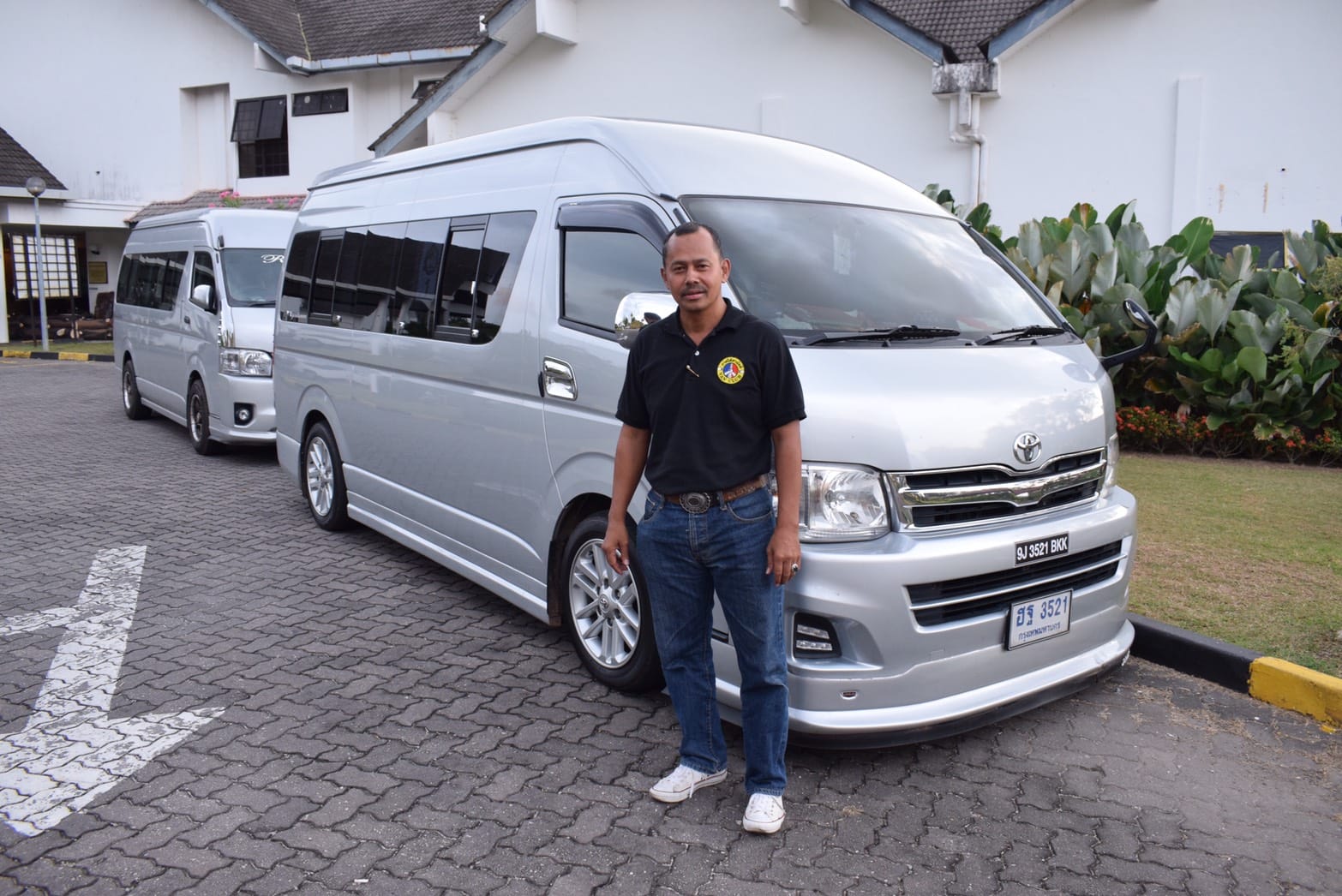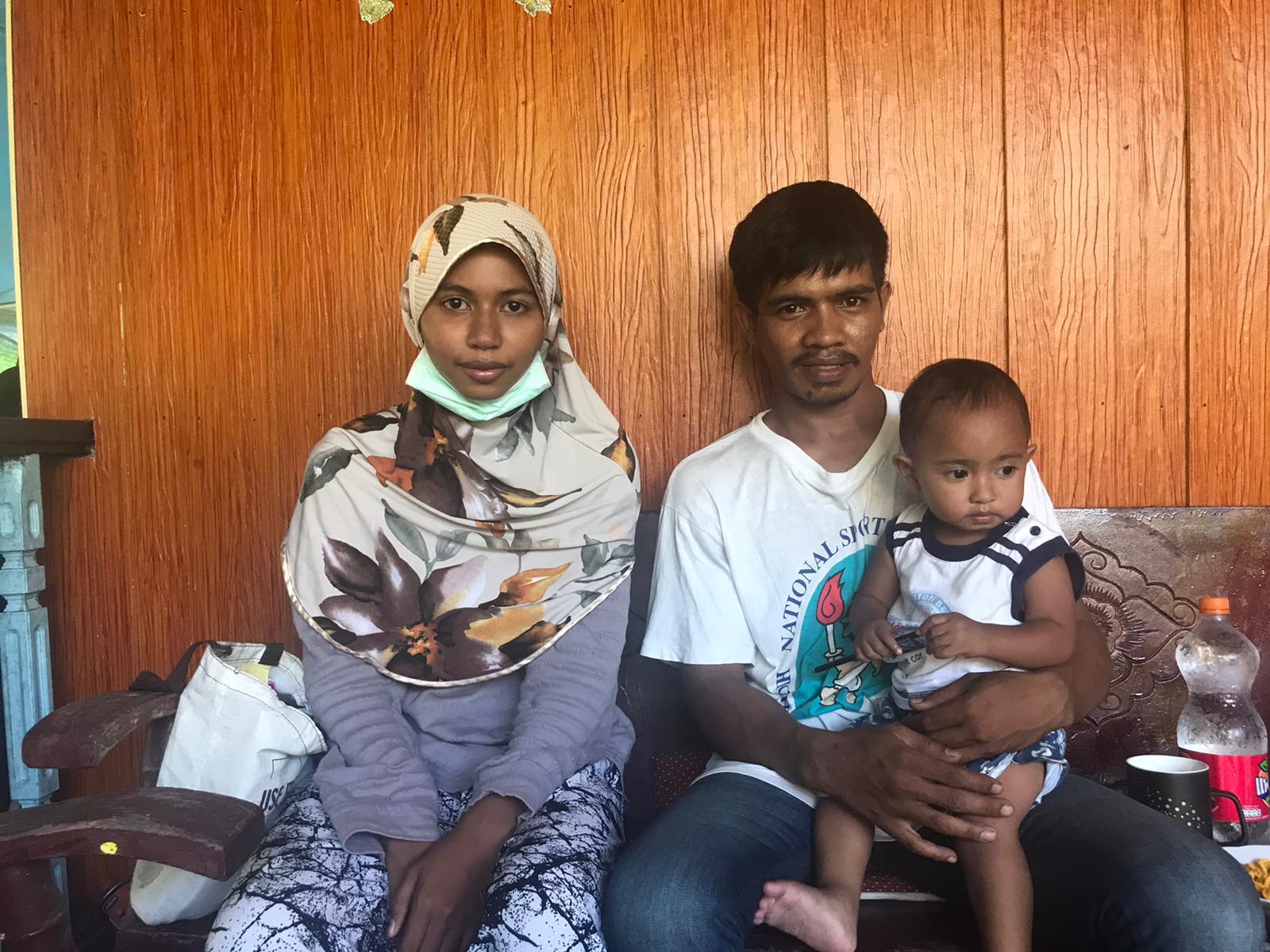Thailand’s ethnic Malays long for border reopening
Many have lost their jobs in Malaysia and cannot find work in their own country.
Just In
After graduating from secondary school two years ago, Nurhalisa Jehawee left her hometown in Patani, Thailand, to look for a job in Malaysia where she found work at a tomyam restaurant in Kajang, Selangor.
But the 19-year-old was forced to return to her village after the government closed the border due to the Covid-19 crisis in March last year.
This meant an end to the livelihood she and her husband had been making at the Kajang restaurant.
Two years later, the border is still closed and Nurhaliza’s savings are running low.
“I have been unable to work for two years now,” she told MalaysiaNow in a recent interview.
“I have only been able to stay with my father as he does work around the village because I cannot find a job anywhere else.”
Nurhalisa’s siblings are also back in the village with their father, and while they still have jobs, the little they earn is not enough to support the entire family.
Fresh from a divorce, Nurhalisa also has two young children to raise on her own. She said many of her friends in the village have faced huge challenges finding a job in their hometown.
Nurhalisa, who made headlines last year after being separated from her youngest child, a baby, for five months due to the border closure, is among some 100,000 ethnic Malays in southern Thailand who turn instead to Malaysia.
Many of them work at restaurants as waiters, chefs or managers.
Ahmad Ibrahim who has driven a tourist van in Songkhla for 13 years said it is difficult for those who live in villages and the interior to find jobs.
Those who do find work are often employed at low-paying jobs at factories and eateries, or part-time positions.

“Some go to look for work outside of the southern district, in Bangkok for example. They become security guards or delivery riders,” Ibrahim said.
“Such work is not fixed, and they do it to support their families while waiting for the borders to reopen.”
The majority of the ethnic Malay workers who move to Malaysia for work come from three southern districts: Patani, Yala and Narathiwat.
For Ibrahim, still in Thailand, business has been bad as he normally drives tourists to and fro across the border.
“I have had to do other work on the side to cover my daily expenses,” he said. “Now no one can go anywhere and passengers are still afraid of Covid-19.”
Aida Oujeh, vice-president of the Songkhla Province Tourism Industry Council, said business in the country had been affected by the pandemic, which made it difficult for local companies to absorb the surplus manpower.
“Everyone had to come back when the Malaysian government announced the border closure,” she said.
“No permits, no red ICs – everyone had to come back.”
She said many had gone to Malaysia straight out of school and had no idea how to find work in Thailand.
“Before Covid-19 there were job opportunities but after the borders closed, the hotels and other shops closed too, and it’s hard for them to make a living,” she added.
Those living along the border have also suffered from the loss of Malaysian tourists.
In 2019, about four million Malaysians visited Thailand through the border – about 10% of total foreign tourist arrivals.
“In Betong, the people depend heavily on tourists from Malaysia to keep the economy going,” Aida said.
“Villagers in Tak Bai and Sungai Golok have also been badly affected.”
Aida, who operates a tourism agency in Danok, said borders there are expected to reopen on Dec 16 while Malaysia will take similar steps in January.
She said this had been the outcome of a meeting she had attended together with representatives of both countries.
For Nurhalisa and thousands of other workers at tomyam restaurants, this is the day that they await, when they can re-enter Malaysia to once more begin the search for work.
Subscribe to our newsletter
To be updated with all the latest news and analyses daily.
